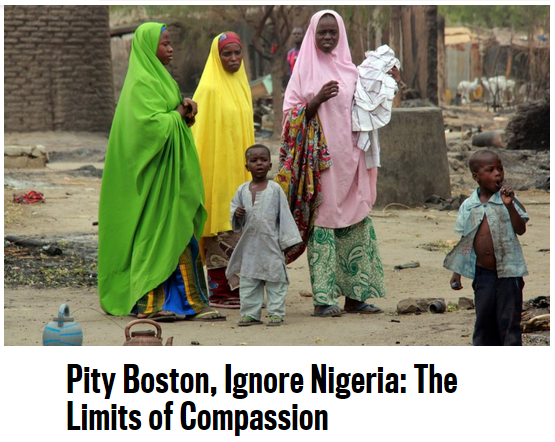[ by Charles Cameron — by way of TS Eliot, Mario Vargas Llosa and others, and leading to a post on camels and their shadows ]
.

**
In the year I was born, 1943, TS Eliot published a series of essays titled Notes Toward the Definition of Culture in the New English Weekly. Mario Vargas Llosa supposedly references Eliot’s essays in his own Notes on the Death of Culture: Essays on Spectacle and Society — which Joshua Cohen then distills into this paragraph:
Eliot defines culture as existing in, and through, three different spheres: that of the individual, the group or class, and the entire rest of society. Individuals’ sensibilities affiliate them with a group or class, which doesn’t have to be the one they’re born into. That group or class proceeds to exercise its idea of culture on society as a whole, with the elites — the educated and artists, in Eliot’s ideal arrangement — leveraging their access to the media and academia to influence the tastes of the average citizen, and of the next generation too. As for what forms the individual, it’s the family, and the family, in turn, is formed by the church: “It is in Christianity that our arts have developed,” Eliot writes; “it is in Christianity that the laws of Europe have — until recently — been rooted.”
I’m not sure of the bibliographic details here, but you’ll note the similarity of Eliot’s claim in quote marks above to certain claims made concerning America in recent years — and indeed, to others in Anders Breivik‘s Manifesto.
It’s the concept of culture as comprised of the sensibilities of individuals, groups and society that first and most interests me here, though — and the significance of family, and I’m hoping Michael Lotus will have something to say about that.
**
Here’s more from Eliot:
It is in Christianity that our arts have developed; it is in Christianity that the laws of Europe — until recently — have been rooted. It is against a background of Christianity that all of our thought has significance. An individual European may not believe that the Christian faith is true, and yet what he says, and makes, and does will all spring out of his heritage of Christian culture and depend upon that culture for its meaning .. I do not believe that culture of Europe could survive the complete disappearance of the Christian faith. And I am convinced of that, not merely because I am a Christian myself, but as a student of social biology. If Christianity goes, the whole culture goes.
**
Now take a cool sip of water to cleanse the palate..
**
This may nor may not seem to resonate with Eliot’s ideas:
Slovakia prefers its desperate refugees to be Christians, please
Slovakia would prefer to accept Christian refugees under a European plan to resettle people who have fled from wars and poverty in the Middle East, Asia and Africa, the Interior Ministry said on Thursday.
The Central European country will take 100 people from refugee camps in Turkey and 100 people from Italy, preferably Christians, a ministry spokesman said.
“We want to choose people who really want to start a new life in Slovakia. Slovakia as a Christian country can really help Christians from Syria to find new home in Slovakia,” spokesman Ivan Netik said.
“For most migrants we are only a transit country. In Slovakia we have really tiny community of Muslims. We even dont have mosques.”
If Muslim asylum-seekers chose Slovakia, they would not be discriminated against, he said. But Slovakia would not take in refugees who did not want to stay in the country but intended to move on.
“We do not discriminate against any religion, but it would be a false, insincere solidarity if we took people .. who dont want to live in Slovakia,” he said.
That. btw, is the most nuanced version of the Slovakian response to the refugees I’ve seen.
Comnpassion? A conceptual radius of compassion?
Are there, should there be, limits to compassion?
**
In an upcoming post on the shadows of camels, I’ll explain my overall intent in posting such items as this one — and it is not to suggest that Breivik is the same as Slovakia, or Eliot the same as Breivik, or Christianity across Europe equivalent to camels or the shadows of camels across the desert.. nor that compassion should or should not have a radius, conceptual or otherwise.





